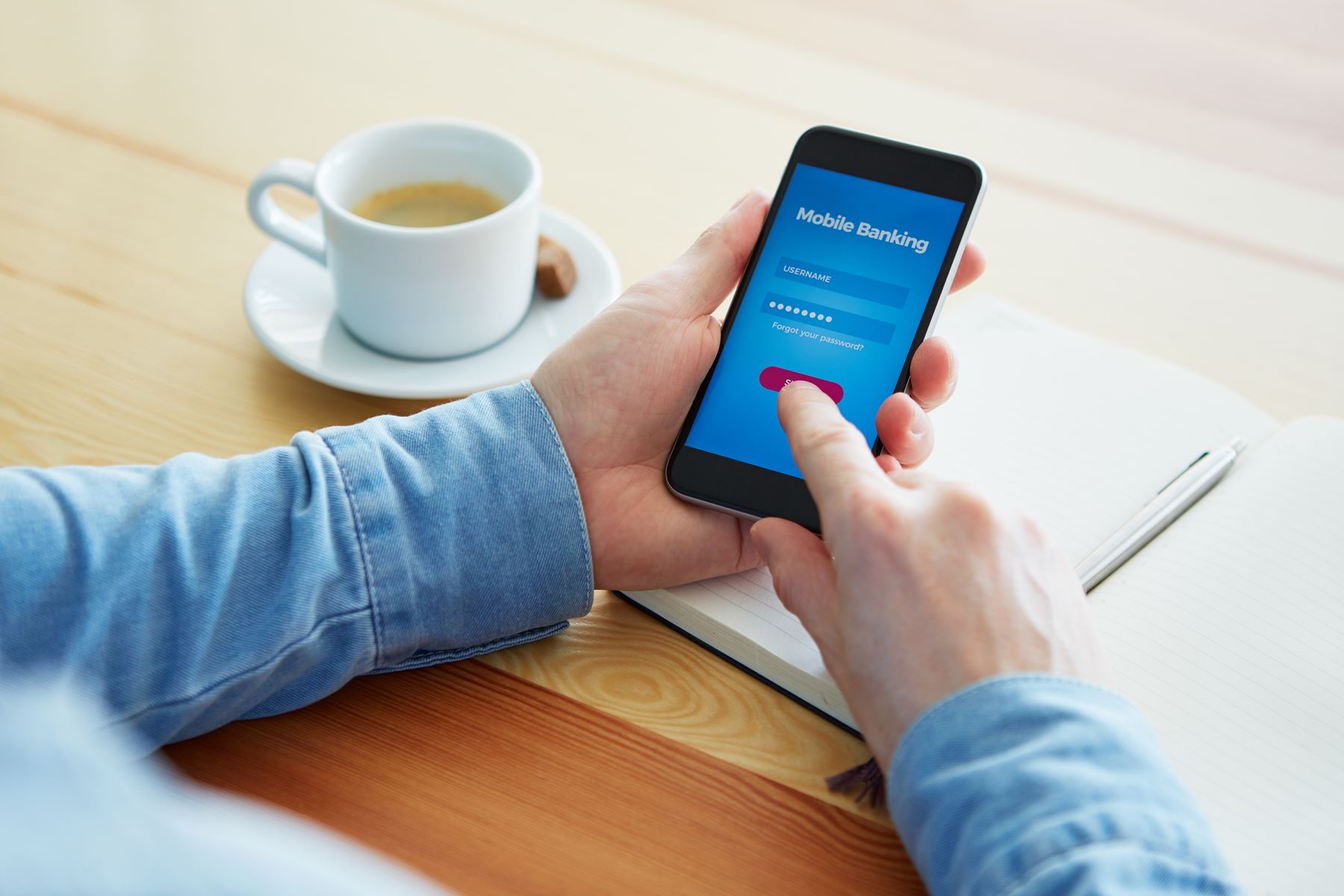
After Storms, Watch Out for Scams
Natural disasters and severe weather can create opportunities for fraud in their wake, occurring at a time when people may be especially vulnerable, or targeting charitable intentions.
Scammers use phone, text, mail, email, and even go door to door to target residents of affected areas following hurricanes and damaging storms.
Watch Out for Red Flags
First, know that officials with government disaster assistance agencies do not call or text asking for financial account information, and that there is no fee required to apply for or get disaster assistance from FEMA or the Small Business Administration. Anyone claiming to be a federal official who asks for money is an imposter.
Remember that phone scams often use spoofing techniques to deliberately falsify the information transmitted to your caller ID display to disguise their identity or make the call appear to be official.
If someone calls claiming to be a government official, hang up and call the number listed on that government agency's official website. Never reveal any personal information unless you've confirmed you're dealing with a legitimate official. Workers and agents who knock on doors of residences are required to carry official identification and show it upon request, and they may not ask for or accept money.
Steps for Avoiding Post-Disaster Insurance Scams
If you get a phone call about an insurance claim or policy, don't give out any personal information or agree to any payment until you can independently verify that the call is legitimate. If the caller says they're from your insurance company, hang up and contact your agent or the company directly using the number on your account statement. Policyholders with the National Flood Insurance Program (NFIP Direct) can call 1-800-638-6620.
Contractors and home improvement companies may also call claiming to be partners with your insurance provider. Never give policy numbers, coverage details, or other personal information out to companies with whom you have not entered into a contract. If your state requires licensing, verify that any contractor you are considering is licensed and carries adequate insurance. Many states have online databases you can check.
Disaster Relief Charity Scams
Consumers should also be aware of scammers posing as representatives of charities seeking donations for disaster relief. There are several steps you can take to protect yourself from this type of fraud:
Donate to trusted, well-known charities. Beware of scammers who create fake charities during natural disasters. Always verify a charity's legitimacy through its official website. If you have doubts, you can check with Better Business Bureau's Wise Giving Alliance, Charity Navigator, Charity Watch, or GuideStar. You can also check with the National Association of State Charity Officials whether charities must be registered in your state and if the charity contacting you is on file with your state.
Verify all phone numbers for charities. If you need to contact a charity by phone, check the charity's official website to see if the number you have is legitimate. If you're using text-to-donate, check with the charity to ensure the number is legitimate before donating.
Do not open suspicious emails. If you receive a suspicious email requesting donations or other assistance, do not click on any links or open any attachments. Scammers regularly use email for phishing attacks and to spread malware.
Verify information in social media posts. Double-check any solicitation for charitable donations before you give. Crowd-funding websites often host individual requests for help but they are not always vetted by the site or other sources.
To report suspected fraud, call the FEMA Disaster Fraud Hotline toll free at 1-866-720-5721. If you need to report other fraudulent activities during or following a natural disaster, please notify FEMA at 1-866-720-5721 or disaster@leo.gov.
You can also file a complaint with the FCC about phone scams, or with the FTC about fraud.
Consumer Help Center
FCC consumer guides provide tips on avoiding caller ID spoofing and robocalls that may help you avoid being scammed. To learn more about scams and how to avoid them, check out the FCC Scam Glossary or visit the FCC Consumer Help Center at fcc.gov/consumers.
Printable Version
After Storms, Watch Out for Scams (pdf)
Copyright Federal Trade Commission©




